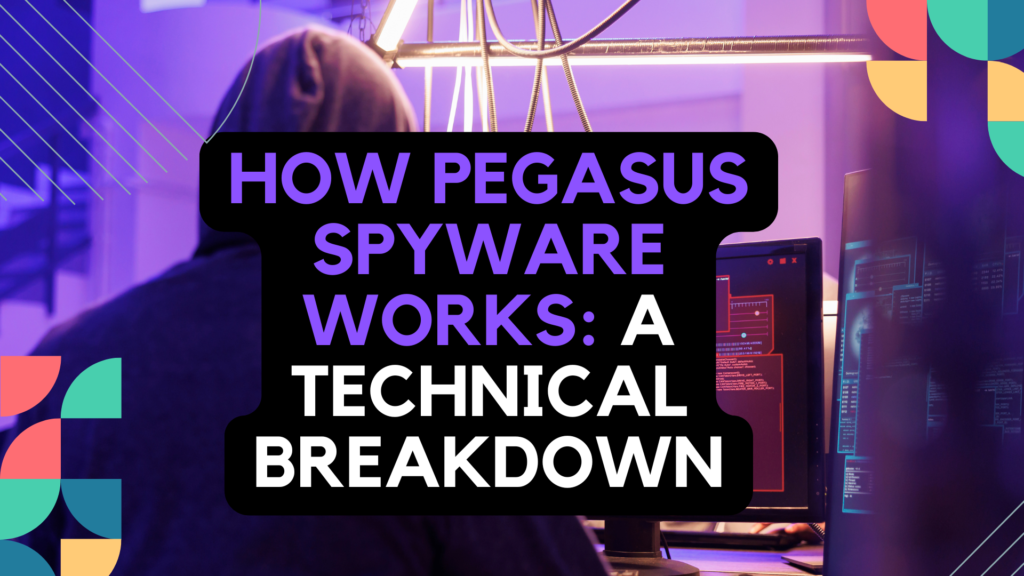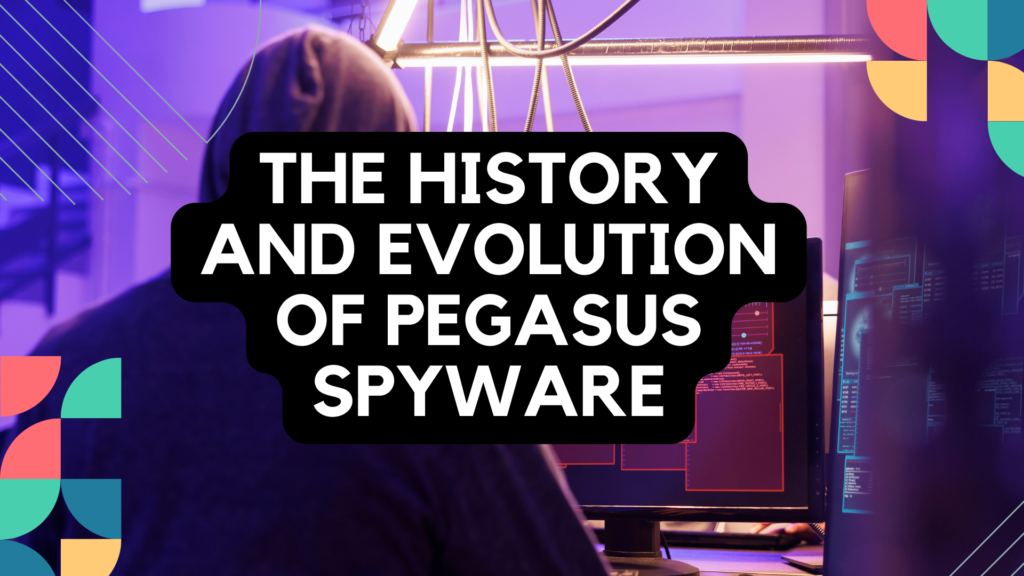How to Protect Yourself from Pegasus Spyware and Tools to Check If You’ve Been Attacked
Hey there! Pegasus spyware has been the talk of the town, and for good reason. It’s one of the most sophisticated and scary pieces of software out there, capable of infiltrating your phone without you even knowing.
How to Protect Yourself from Pegasus Spyware and Tools to Check If You’ve Been Attacked Read More »









